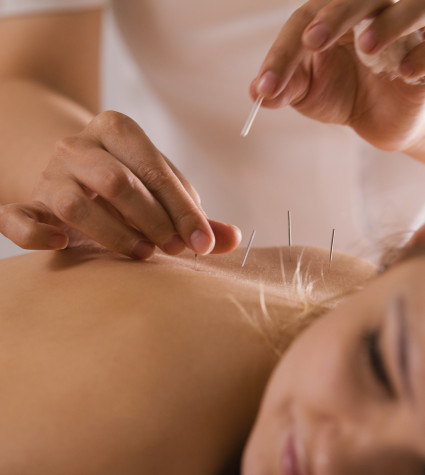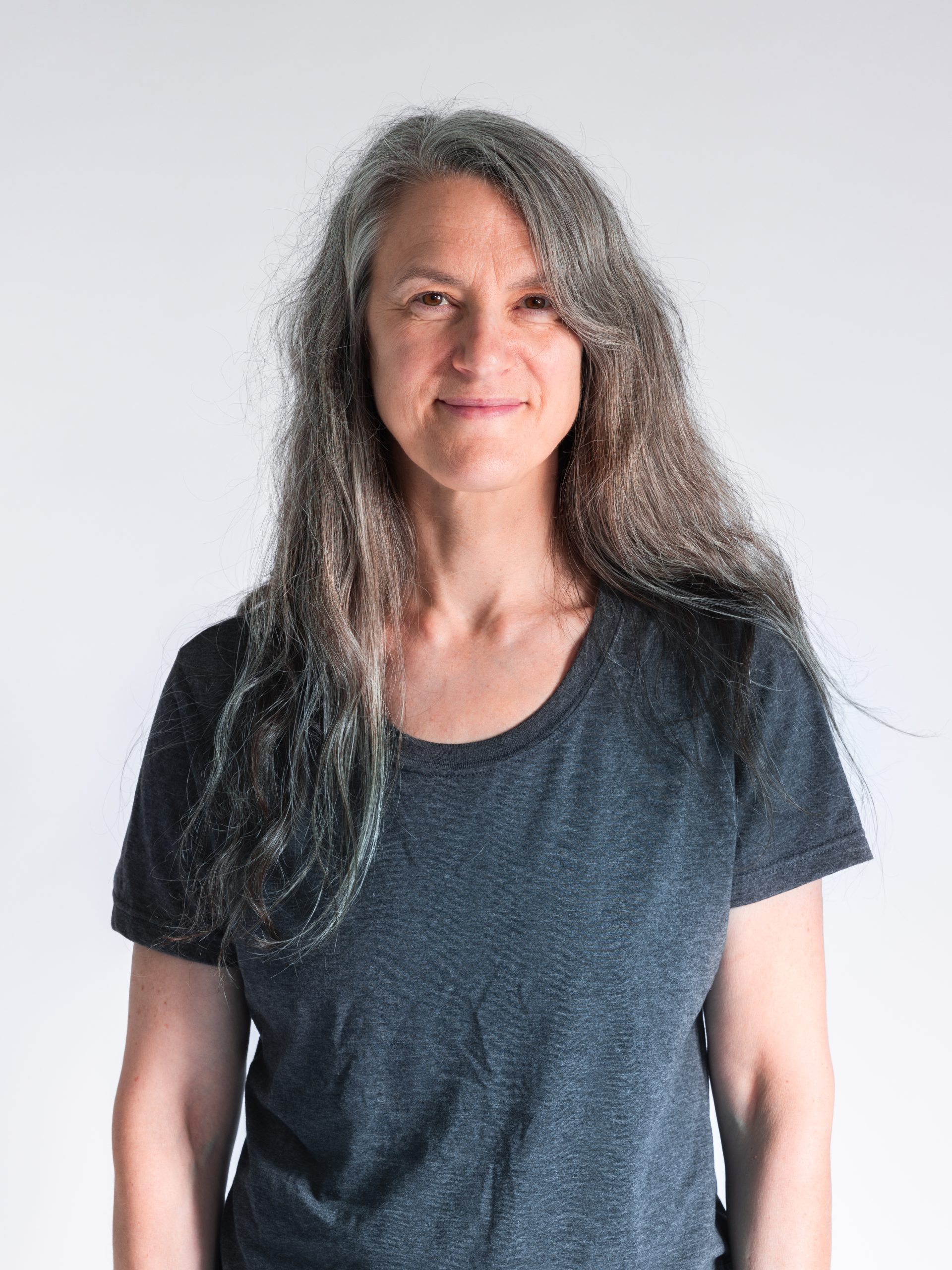Acupuncture


Acupuncture, a thousand-year-old practice of Chinese medicine, is now practiced throughout the world. Although it was originally a natural, empirical science, acupuncture is now supported by extensive scientific research. Acupuncture is therefore a safe and effective treatment option with a scientific and clinical foundation.
In traditional Chinese medicine, acupuncture is an energetic medicine that assumes the existence of a vital energy, called Qi, that circulates in the body in an orderly fashion through channels called meridians. This energy can be stimulated through certain areas on the body called acupuncture points. Recent research has shown that almost all acupuncture points are associated with nerves and have physical and biological properties that can be used to help the body self-regulate and promote healing.
The practice of acupuncture is any act of stimulation, usually by means of needles, of specific sites on the skin, mucous membranes or subcutaneous tissues of the human body for the purpose of improving health or relieving pain.
What happens during an acupuncture appointment?
Acupuncture is a holistic medicine, it considers the individual as a whole with their strengths and weaknesses (the so-called terrain) and takes into account their living conditions. This medicine does not only look for the symptoms but rather for the cause of the imbalance and treats the problem at the source.
The first session is therefore dedicated to the establishment of the energy balance from which the orientation of the treatment is derived according to your reality and your terrain.
Then we move on to the treatment. All acupuncture points are disinfected with alcohol. Most of the acupuncture points can be stimulated on the surface and therefore do not require deep insertion. The needles are then left in place for some time. During the insertion or after the removal of the needles, we may add other treatment modalities.

Does acupunture hurt?
The insertion of the acupuncture needles gives a sensation similar to a mosquito bite; it lasts only a fraction of a second and leaves no marks. Once the needles are in place, the patient usually feels a sense of well-being and relaxation..What conditions can be treated with acupuncture?
It has been clearly established that for these eight conditions, acupuncture can be recommended and integrated into treatment plans:- Allergies: seasonal and year-round allergic rhinitis
- Headaches: chronic tension headache or chronic episodic headache
- Migraines: prevention of attacks
- Chronic back pain
- Post-operative pain
- Postoperative nausea and vomiting
- Nausea and vomiting related to chemotherapy (with antiemetics)
- Osteoarthritis of the knee
What other means of stimulation can be used in acupuncture?
To accomplish the same goals, the acupuncturist may also use other treatment modalities besides needles such as heat (moxibustion, heat lamp), pressure (cupping, tuina massage, acupressure, ball-pressure), electricity (electro-acupuncture) and light beam (soft laser).
Interesting facts :
In addition to relieving pain and increasing blood circulation, acupuncture has multiple mechanisms of action. It triggers the release of energy and stimulates the production of endorphins and increases the production of neurotransmitters. Acupuncture helps reduce inflammation and affects the central nervous system, muscles and organs, neuromuscular conditions, the expression of certain genes, and the immune system.
In Quebec, we only use single-use needles.
Did you know that auriculopuncture (treatment on the ear) is used all over the world to help manage trauma?
Recent studies show that acupuncture can be recommended for the treatment of sports injuries such as sprains, strains, pain in the neck, shoulder, wrist, knee, etc.
Acupuncture is reimbursed by the CNESST, the SAAQ and the Veterans Affairs when prescribed by a physician.
Our professionnals




